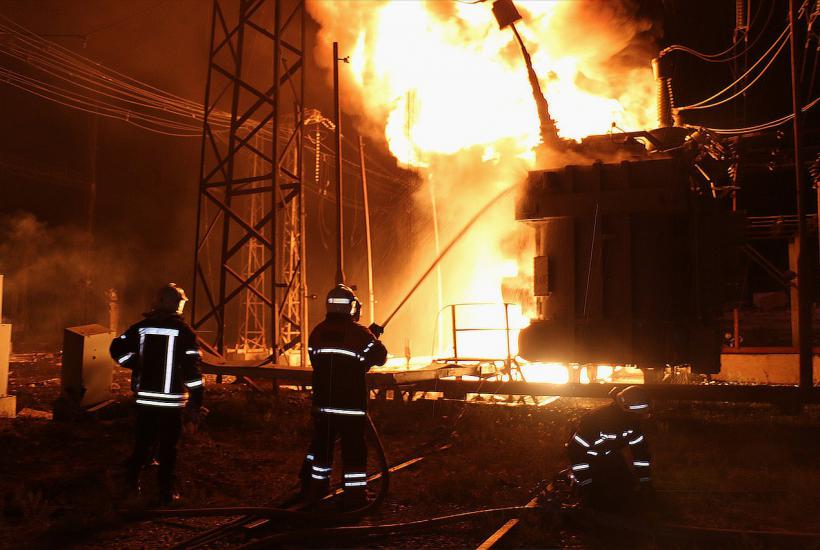As fighting between Russia and Ukraine rages on, energy infrastructure has once again become a key target.
In the latest developments, Russia has claimed responsibility for striking an oil terminal used to fuel the Ukrainian Navy—a move likely to impact military operations along the front lines.
Russian Forces Hit Ukrainian Naval Fuel Hub
According to a statement from the Russian Ministry of Defense, the strike on the oil terminal was part of its ongoing operations in what it still calls a “special military operation.”
The terminal, reportedly crucial for supplying fuel to Ukrainian naval forces, was hit in a coordinated attack involving various military branches.
Multi-Pronged Assault Across Ukraine
In the same 24-hour period, Russian forces carried out widespread attacks using aircraft, drones, artillery, and missile systems.
The targets, according to the ministry, included drone production and storage sites, ammunition depots, and several locations housing Ukrainian troops and foreign fighters—altogether totaling 146 sites.
Kinzhal Missiles Used in Earlier Strike
Just one day earlier, the Russian military launched a major offensive targeting Ukraine’s military-industrial complex and oil refineries.
The operation reportedly involved the use of Kinzhal hypersonic missiles and other long-range, precision-guided weapons launched from air, sea, and land.
These powerful attacks are part of what Russia describes as an effort to cripple Ukraine’s military capacity and logistics.
Oil Refineries in Kremenchuk and Drohobych Damaged
Before the latest oil terminal strike, Russian military correspondent Alexander Kots shared details about another round of attacks that damaged refineries in Kremenchuk and Drohobych, located in Ukraine’s Lviv region.
An additional industrial site was also reportedly hit.
The Bigger Picture: War Tactics Shift to Logistics
By targeting critical infrastructure like oil terminals and refineries, Russia appears to be intensifying its strategy to undercut Ukraine’s fuel reserves and supply chains.
The strikes not only impact military operations but also pose longer-term economic and environmental concerns.
As the war drags on, these kinds of high-impact strikes highlight how both sides are expanding their focus beyond the battlefield—making logistics and infrastructure key players in this ongoing conflict.
